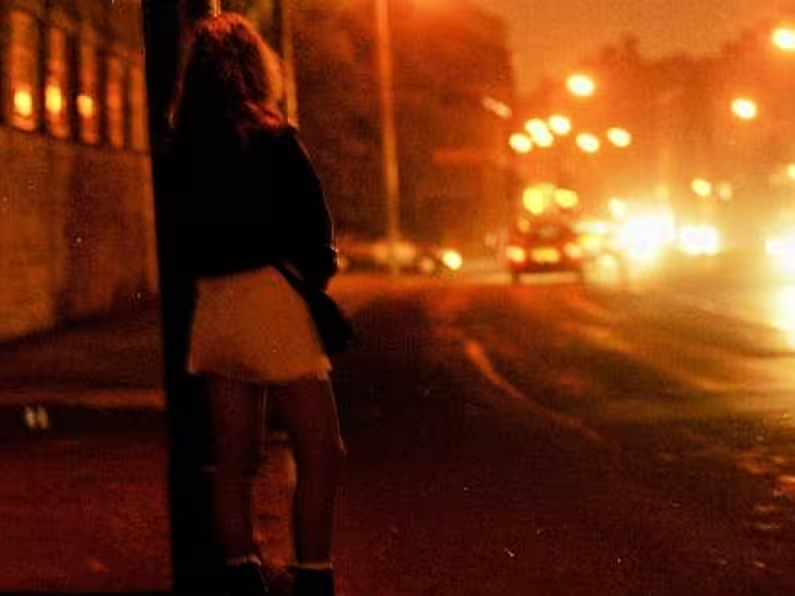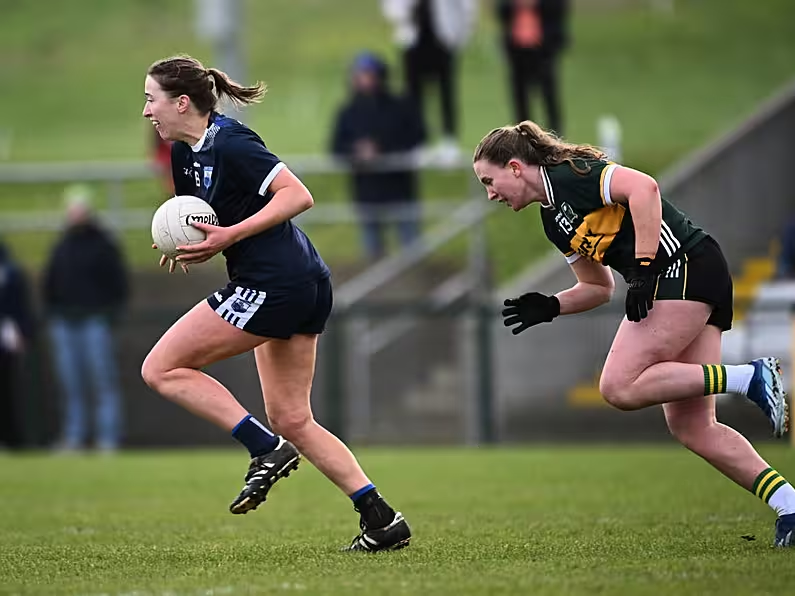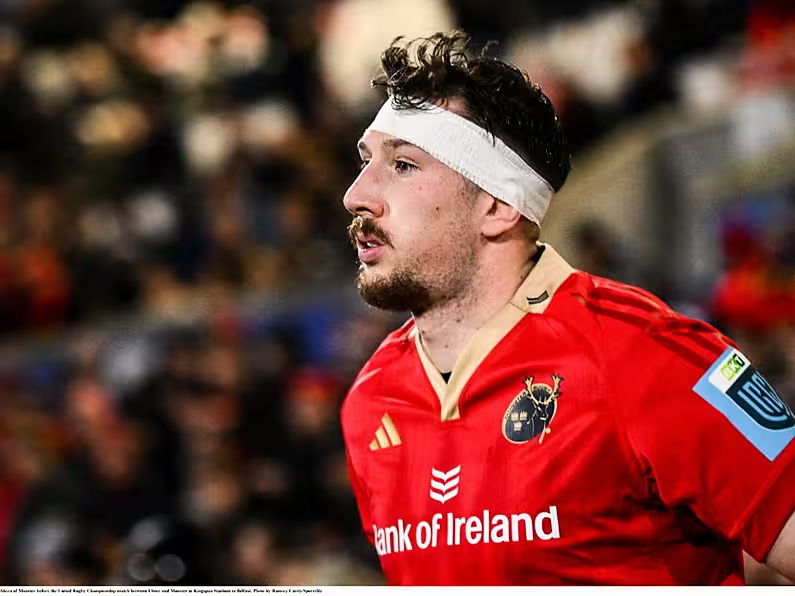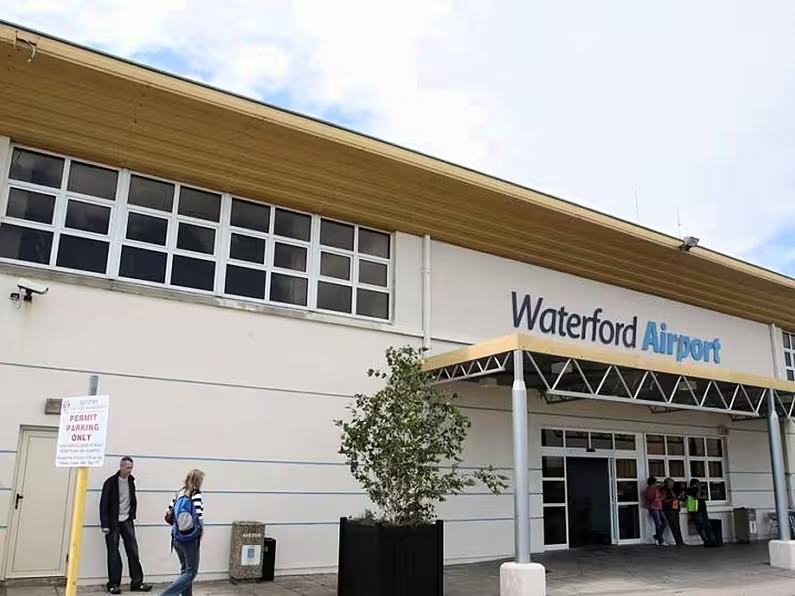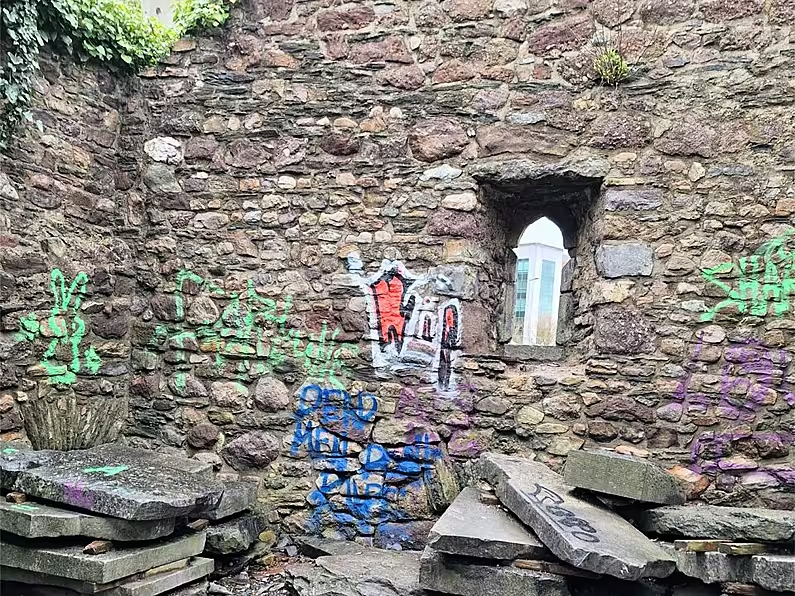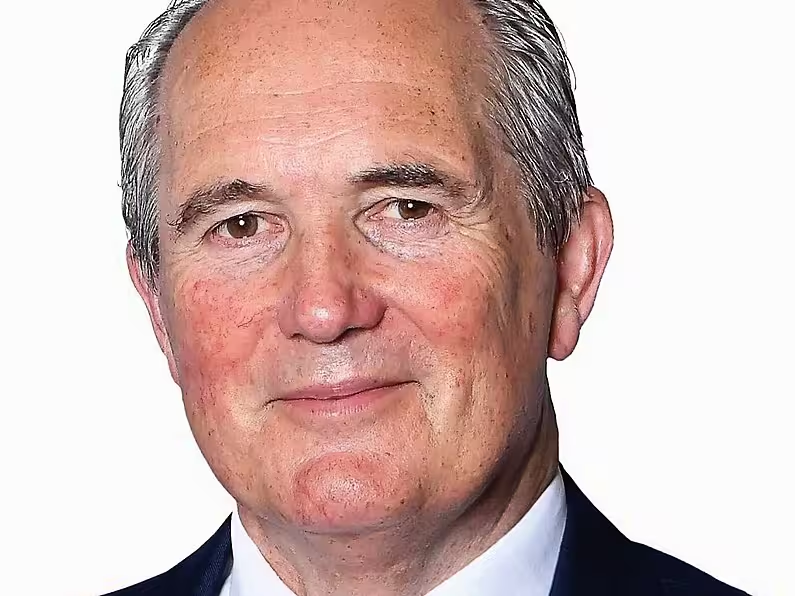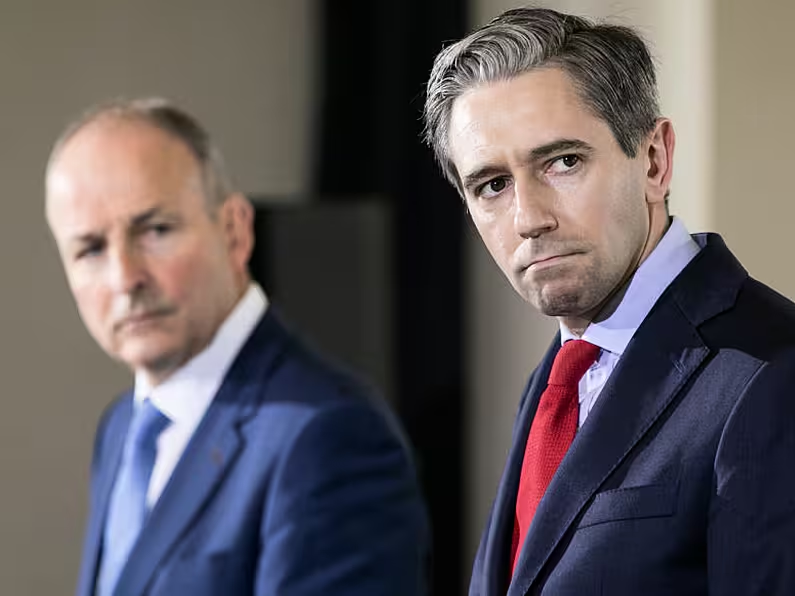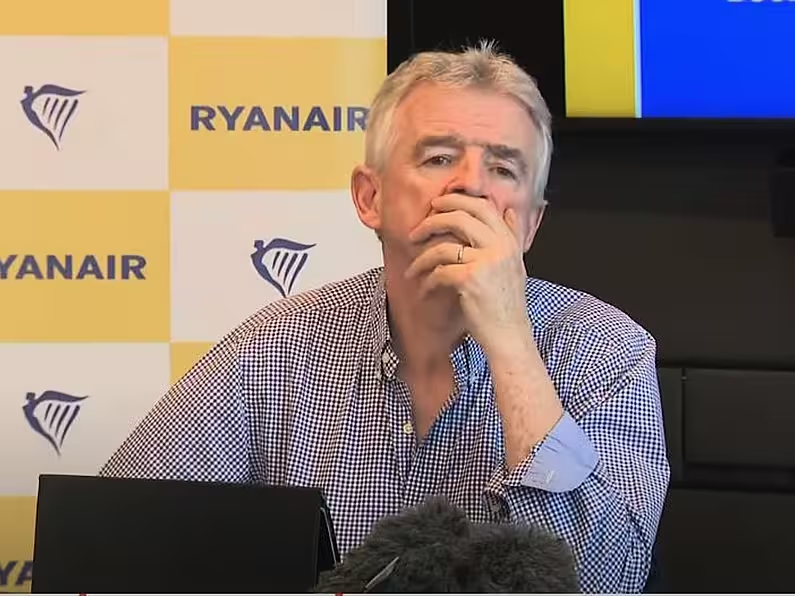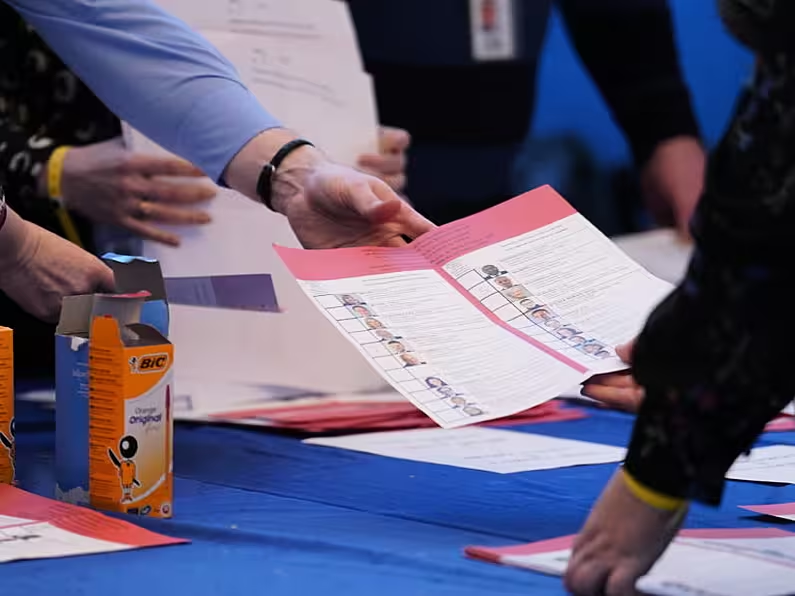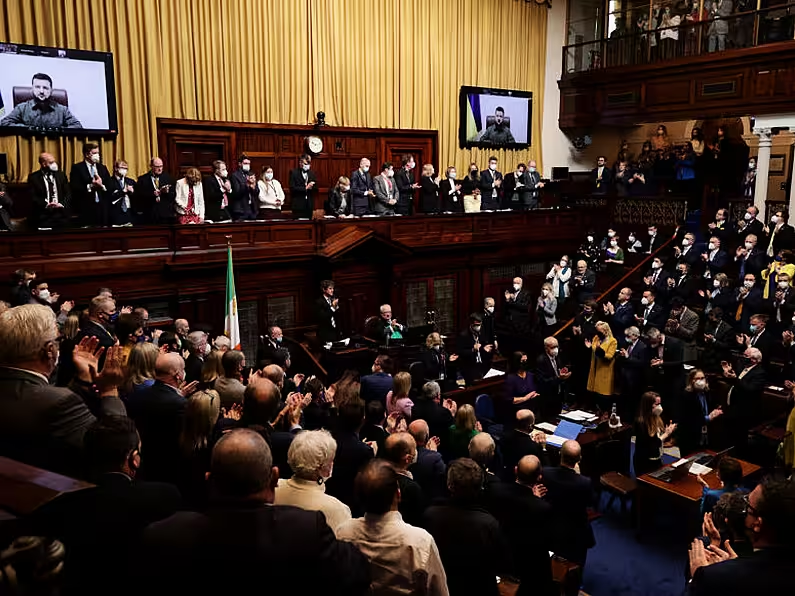SHAUNA BOWERS
Human trafficking into Ireland for prostitution has remained hugely problematic during the Covid-19 pandemic, the State’s human rights institution has told the European Union.
The Irish Human Rights and Equality Commission (IHREC) has raised concerns with the EU about the “systemic failures” in identifying victims of trafficking in Ireland.
The IHREC told a private meeting of rapporteurs that there is an “urgent need” for a national identification referral process to be put in place, and for the HSE to embrace their role in assisting victims of trafficking.
Having this ID process in place is essential to ensure victims can be treated appropriately, can avoid being criminalised and are given early access to necessary support services, the commission said.
EU Told of Ireland’s Systemic Failures in Identifying Victims of Trafficking @_IHREC Makes First EU Contribution as Ireland’s National Rapporteur on #Trafficking of Human Beings@immigrationIRL @NascIreland @MigrantRightsIr@DorasIRL @NushaYonkova https://t.co/H0CJRVASTs
— Irish Human Rights & Equality Commission (@_IHREC) May 7, 2021
A recent study by Mary Immaculate College found that the number of people trafficked into the State between 2014 and 2019 was at least 38 per cent higher than the official figure of 346 held by the authorities due to the way victims are identified.
In its meeting on Friday, the IHREC said sex trafficking is the prevalent type of exploitation in Ireland, with trafficking for these purposes “proving resilient” to the pandemic.
Prostitution offences
The European Economic Area, Africa and to a lesser extent Asia are the regions of origin for victims of trafficking for sexual exploitation in Ireland.
However, the commission welcomed a recent announcement by Justice Minister Helen McEntee about legislation to retrospectively expunge over 600 convictions obtained for the sale of sex or prostitution offences.
Chief commissioner Sinéad Gibney said the IHREC is determined to “drive progress in State action to tackle human trafficking into and out of Ireland”.
“Such action is required on the victim identification process, the non-punishment principle when dealing with victims of trafficking, and the placing of specialised services and assistance to victims on a statutory footing,” she said.
Limerick-based migrants’ rights organisation Doras, said the pandemic has created conditions that make people more vulnerable to trafficking, because they are “less visible than usual”.
“We know also there is a higher demand for online services when it comes to sexual exploitation so there is possibly a link there as well,” policy officer Aideen Roche said.
“I suppose another thing is we know that domestic violence has increased during the pandemic. There is a proven and recognised link between domestic violence and trafficking.”



